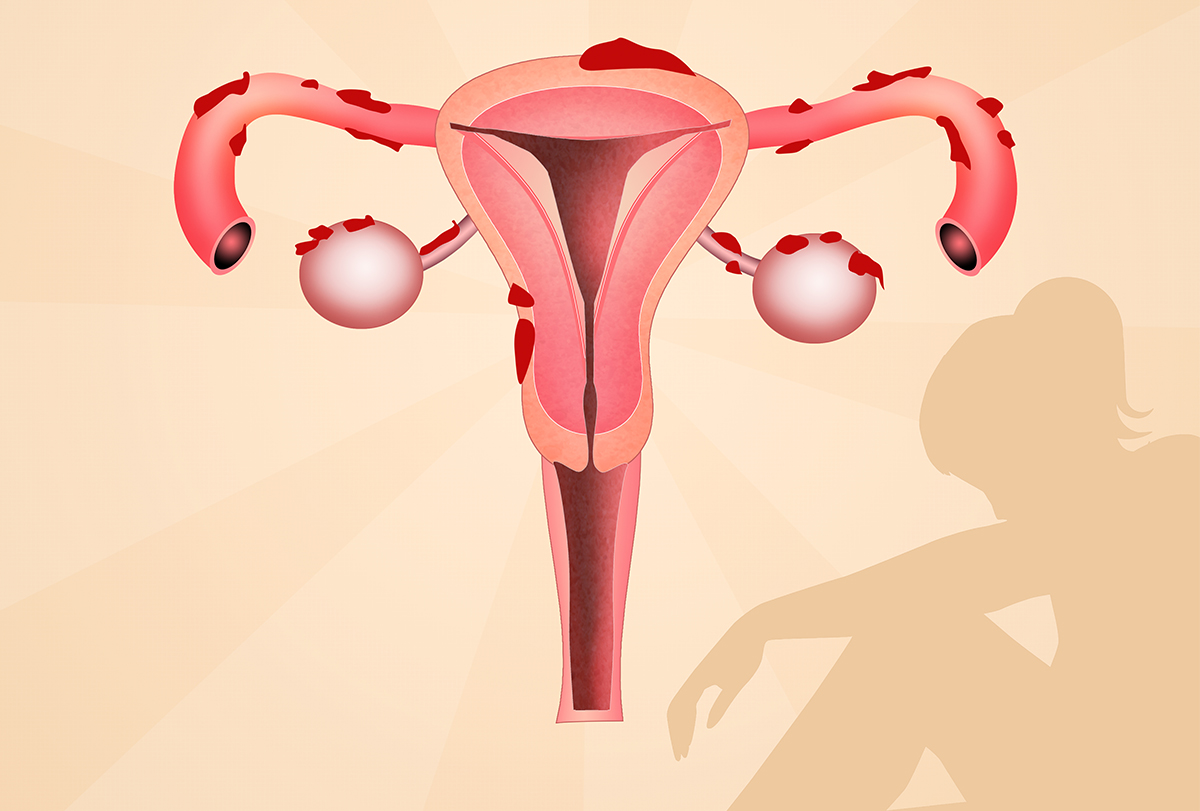Many people have a constant feeling of being tired or fatigued, and in some cases, this may relate to real vitamin deficiencies. There are frequently people that go to their doctor, and complain of potential thyroid issues affecting their energy, when in fact, it is vitamin deficiencies impacting their health. This raises the question: should you run out and buy a multivitamin to correct low energy levels? The answer in most cases is no, but this relates more to the design of an off-the-shelf multivitamin rather than the potential of vitamins to correct the underlying issues.
The off-the-shelf multivitamin, regardless of brand, tends to be an ineffective product. It is comprised of “A to Z’ nutrition at low doses. The “A to Z” design basically incorporates a broad range of vitamins and minerals regardless of their applicability to your individual profile and health. You will commonly see 30+ ingredients on the back label, inclusive of vitamins where there is not likely a deficiency (e.g., Vitamin A), and heavy meals like chromium, selenium, zinc, and others that can detract from your health over time. All of these vitamins will be dosed according to Recommended Daily Allowances (“RDA”), a scale built for measuring a healthy individual keeping a balanced diet in meeting their minimum nutritional intake. This is not the scale that would be used to align dosing with the leading scientific evidence, or an approach to correct existing deficiencies. The RDA-based dosing in a standard multivitamin will typically be at less than 100% of RDA with the boldest best reaching 100-200% RDA. This is not enough dosing to impact energy levels. Moreover, the vitamin aisles are a confusing place. While some vitamins are marketed for energy improvement, many times these vitamins neglect daily essential nutrition, or they have misleading labels and may contain harmful stimulants. The lack of regulation in the industry makes consumer susceptible to misleading claims and potentially dangerous ingredients. A consumer putting together their own vitamin routine, using do-it-yourself logic, or taking the recommendations of friends or media can arrive at a formula that is not right for their individualized profile.
Hence, the need for a personalized vitamin solution. There are a few types of personalized vitamin offerings with various advantage and drawbacks. The most common type of solution is a personalized pill pack. A consumer will go through an online assessment, and sometime be asked for their genetic or biological information (e.g., blood, urine, stool, hair, etc) and recommended several different types of supplements to make up their personalized routine. In these models, it is not uncommon to be prescribed 10+ daily pills and powders, which can incur $100 or more in monthly cost. The advantage in this model is the range of supplements that can be put into a pack, but unless a consumer is really committed to spending at those levels and taking a handful of daily pills, this approach will prove unsustainable for the consumer. Another approach is a blended liquid solution. There are some companies marketing personalized smoothie pouches or “Keurig-like” liquid mixing machines. The advantage is that the consumer does not need to swallow any pills. The drawbacks, of course, is that they have to swallow a liquid vitamin, which may have an off-putting taste, sometimes compared to “vita-sludge,” and spend considerable amounts of money on hardware, pod refills, or fresh smoothie delivery. This will not be an easy morning habit to build for many consumers that do not want to drink a vitamin when they wake up first thing in the morning. Finally, there are personalized all-in-one multivitamins with customized formulas. The advantages of this model is that they tend to be lower cost than other solutions, and present sustainable daily habits of swallowing just one or two tablets. The drawbacks are that you might not be able to address some specialty supplement needs, like herbal supplements or sports supplements, through a multivitamin design.
What Vitamins Should Make Up a Personalized Solution?
You knew it was coming: “What vitamins can I take to have more energy?” Well it turns out that several vitamin deficiencies can lead one to feel like they need more energy. First and perhaps most widely discussed, is iron. Iron is what allows our red blood cells to carry oxygen. Many of us have lower total body iron stores and do not even realize it. Specifically, many women (and men) eat less red meat than we once did and have lost a key source of dietary iron. While other foods contain iron, it is not as readily absorbed in our GI tracts as it is from meat. Women, in particular, tend to be anemic from years of have had periods, pregnancies and nursing babies and these deficiencies can persist into much later in life. Finding an iron that you can take without side effects (it can cause an upset stomach or constipation) is essential. Furthermore, iron should always be taken with vitamin C, which facilitates its absorption.
Another critical nutrient that augments energy levels is vitamin B12. This essential vitamin is found in meat and some dairy products. As we get older, many of us do not absorb it as readily from food. Moreover, there are some over-the-counter and prescription drugs can block its absorption. Those who lack enough B12 tend to feel, tired, run down and lack energy. A significant B12 deficiency can also cause nerve related symptoms such as numbness and tingling, nerve pain and weakness. Replacing B12 through a daily supplement can be quite helpful in increasing energy.
An overlooked vitamin that can play a role in energy is magnesium. Magnesium is one of those important electrolytes that, in addition to helping with hydration, also helps nerves fire properly and muscles pump more efficiently. Many people are low in magnesium and do not even realize it and blood testing is not always accurate. Taking a magnesium supplement on its own or as part of a personalized multivitamin can be quite helpful to make you feel more energetic. It is also reported to help enhance sleep quality, which also ultimately helps with energy.
Vitamin D is a critical vitamin that relates to many health concerns. Not surprisingly, vitamin D deficiency can cause one to feel low on energy, sluggish and fatigued. Correcting this incredibly ubiquitous vitamin deficiency with proper doses of vitamin D3 is essential to improving your energy.
Finally, we must not forget the role of your thyroid in your metabolism and energy. As context, the thyroid is a gland which regulates metabolism. When the thyroid does not function properly your metabolism gets low causing you to feel tired. One way to help support your thyroid is to make sure you are getting proper amounts of iodine. While some table salt and other processed foods contain iodine, many Americans eat less of these foods and are not guaranteed sources of iodine. It can be helpful to take a supplement that contains safe and proper amounts of iodine (too much is not a good idea) to help regulate your thyroid, keep your metabolism running smoothly, and boost your energy.
Finding a Personalized Vitamin that May Boost Energy Levels
If you are concerned about energy, it can make sense to go through a personalized vitamin online assessment to see what a company would recommend for you. As discussed earlier, you will typically be presented with a personalized vitamin pill pack, liquid mix, or all-in-one multivitamin. You should consider which of these approaches is sustainable to your daily routine and lifestyle. It is important to conduct your own investigation of these companies and see who is behind the offering. Are there doctors involved? Is there evidence of published research? Are there other signs that the company is credible based on third-party reviews and consumer testimonials? One of the critical measures of success in a new vitamin routine is the ability to afford and sustain the routine over time. Lack of adherence and consistency can undermine the effects. A vitamin can take time to work, so be prepared to give your new vitamin 3 to 6 months to start to feel the impact.
The days are over of wandering the vitamin aisles or accepting a mass market product like an “A to Z” multivitamin that is sold on the shelves. Nutrition is a highly personal category, and it relates to your food intake, fitness levels, and health status. Fortunately, there are a new brand of companies that will work with your individual data to give you a customized solution. These formulas will be responsive to attributes like low energy. There is no question that correcting a vitamin deficiency and improving energy levels can have a positive influence on your daily outlook. A targeted vitamin might yield great returns for your overall health.




/GettyImages-1159879417-baefc33cb79c409b8aa4476c9e75140b.jpg)










